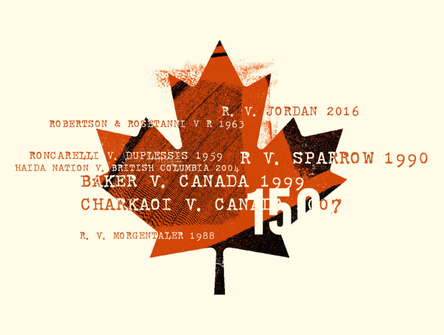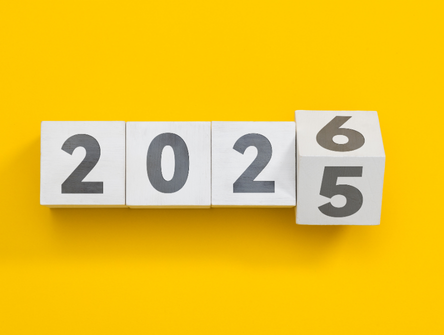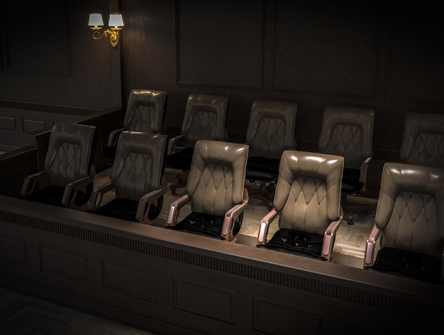Mark Tamminga on the future of blockchain and legal services
In June, Gowling WLG announced it was signing on as a founding member of the Toronto-based Blockchain Research Institute, to study the emergence of the distributed ledger technology (DLT) behind Bitcoin and other crypto-currencies.

CBA National caught up with Mark Tamminga, a partner and leader of Innovation Initiatives at the firm in Hamilton, to discuss the impact of blockchain on the legal services industry.
CBA National: Where are we in terms of the evolution of blockchain?
Mark Tamminga: It’s like 1994 in our understanding of the web, where it took a universal browser like Mosaic to get people to see it is a great tool that allows for this tremendous worldwide communication platform. Really there is no such thing as the blockchain. We have multiple blockchains, so just as there are many social networks with different purposes, there will not be one blockchain to rule them all.
N: How widely adopted is it?
MT: People are beginning to actually expand their use in the commercial context: energy swaps in Australia or smart contracts for interest rate swaps [in finance] where mechanical things need to happen based on events. Or for handling remittances around the world because using Wells Fargo is just too expensive and takes too long. It can take five or six days and they might take 10 per cent of the actual remittance if it's a small amount. That’s important to people in the Philippines and Indonesia who are getting money from their friends and family in North America or Saudi Arabia or wherever. So it's nibbling at the edges of our commercial consciousness already.
N: What are the legal implications, as you see it?
MT: Its implications for the law have more to do with trust and authentication: remittances, trading and clearing of securities, title registries… Think of it: When you can exchange value or approve ownership without the intervention of a trusted third party, well suddenly you're into a whole new set of considerations and dealing with a whole new whack of problem-solving tools that have never been available before. How do you factor that into existing commercial arrangements, regulations, laws, as in when escrow agents are needed for instance? What do you do with multiparty contracts that can execute themselves?
N: How can a contract exist without anybody controlling it?
MT: We’re still at the experimental stage, admittedly, and it’s a hard thing for people to get their minds around. But you can actually have smart contracts that aggregate together and behave in such a way as to become a distributed autonomous organization – machine-to-machine contracts that just do stuff based on conditions and events. Or you could execute small little programs on the blockchain based on external world events like temperature for instance. It might have a connection to the weather service. So if you have a farm insurance contract and you're going to get insurance payment if the weather is above 35 C for a given period of time, you currently have to wait for that to happen, then you make your application before it goes to adjudication and the insurer at some point in the future sends you some money. It doesn’t have to be that way if you have a smart contract that can pay attention to the weather and automatically sends payment immediately upon the occurrence of that event. It just happens on the blockchain; it just executes.
N: So how should legal professionals prepare for this new world?
MT: You know, the law is such a sprawling business with so many different lines of responsibility. Criminal law is probably not going to be affected by the blockchain. Now if you're a regulatory lawyer, yeah, you're got to be all over this stuff right now. If you're involved in banking, your banking clients are going to be asking you questions about different exchange methods. And if you're a far-seeing lawyer, particularly if you're in the corporate commercial space or in IP, it behooves you to get ahead of this a little bit and to try to figure out what its implications might be for your practice. It's important to be moderate in our conversations and to take this with a dose of reality, but there's something fundamentally important that is happening with DLT and it deserves our respect and it deserves our creativity. And we need to be able to inform our clients of its implications and guide them in their own use of these new technologies.


